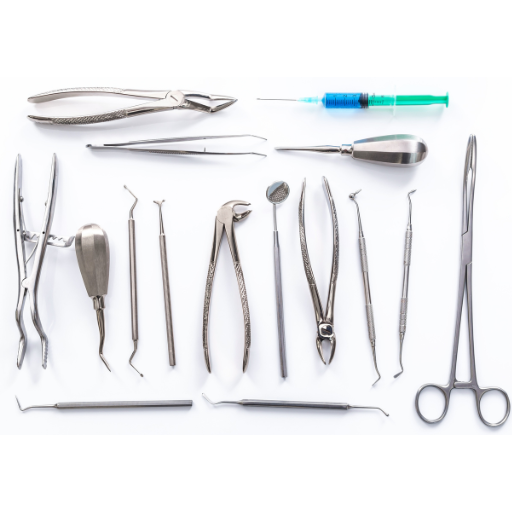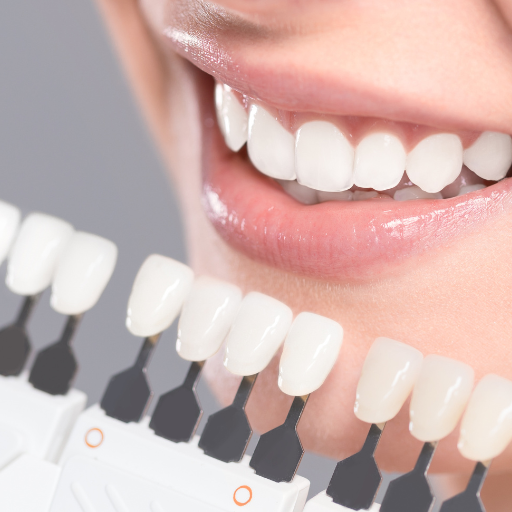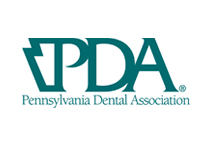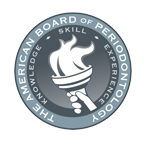Introduction:
Keeping our teeth healthy is important, and regular dentist visits play a big part in that. Two common things you might hear about at the dentist are “Teeth Cleaning” and “Deep Cleaning.” They sound similar, but they do different things. This blog will help you understand the difference between Teeth Cleaning and Deep Cleaning, so you know what to expect during your dental visits.
Summary
1: Understanding Teeth Cleaning
4: Why Deep Cleaning is Needed
5: Different Tools for Different Jobs
8: No Pain, No Problem with Teeth
10: Taking Care of Your Teeth in Winter
1: Understanding Teeth Cleaning
Teeth Cleaning, or “cleaning” for short, is like a regular check-up for your teeth. During this, the dentist or hygienist cleans your teeth to keep them nice and shiny. They use special tools to remove the stuff that builds up on your teeth, like plaque and stains. This helps keep your smile looking good and stops more serious dental problems from happening.
2: Why Teeth Cleaning Matters
Getting your teeth cleaned is crucial for preventing gum disease, cavities, and bad breath. By getting rid of plaque and tartar, you lower the chances of harmful bacteria growing in your mouth. A clean tooth surface also makes it harder for new plaque to stick, keeping your whole mouth healthy. Usually, dentists recommend getting your teeth cleaned every six months, but it might be more or less depending on your specific needs.
3: Explaining Deep Cleaning
Deep Cleaning, or “deep clean,” is a bit more serious. It’s done when there are a lot of tartar and plaque-causing problems below your gums. This happens when gum disease, like gingivitis or periodontitis, starts to set in.
4: Why Deep Cleaning is Needed
When gum disease progresses, pockets may develop between your teeth and gums, harboring bacteria and debris, leading to infection and inflammation. Deep Cleaning entails thorough removal of these deposits, not only from tooth surfaces but also from the roots beneath your gums. Think of it as a comprehensive cleaning aimed at promoting gum healing.
5: Different Tools for Different Jobs

Teeth Cleaning uses tools like scrapers and machines that vibrate to clean your teeth. Deep Cleaning needs more specialized tools like little scoops and scrapers that can reach below your gums. The tools are different because the jobs are different.
6: Who Needs Teeth Cleaning

Teeth Cleaning is usually for people with healthy gums and not too much build-up on their teeth. It’s more of a routine thing to stop dental problems from happening. When you get your teeth cleaned, the dentist might also share tips on how to keep your teeth healthy between visits.
7: Who Needs Deep Cleaning
Deep Cleaning is for people with signs of gum disease, like swollen or bleeding gums, deep pockets between teeth and gums, and visible tartar below the gumline. It’s a more serious cleaning to fix existing problems and stop gum disease from getting worse.
8: No Pain, No Problem with Teeth
Teeth Cleaning is usually painless and doesn’t need any special medicine. You can go back to your normal day right after. Deep Cleaning, though, might need a bit of numbing medicine to make sure you’re comfortable. It’s a deeper clean, so the dentist might talk to you about using medicine to help with any pain.
9: After the Clean
After Teeth Cleaning, you can go back to doing your regular stuff with no extra care needed. With Deep Cleaning, you might feel a bit sensitive for a while, and the dentist might want to check how things are healing later. For both, it’s super important to keep up with brushing and flossing to keep your teeth healthy.
10: Taking Care of Your Teeth in Winter
As winter comes, it’s important to adjust how you take care of your teeth. Cold weather can make your teeth more sensitive, so using toothpaste for sensitive teeth can help. Also, don’t go crazy with hot or cold foods. Keep up with your regular dentist visits, whether it’s for Teeth Cleaning or Deep Cleaning if needed.
FAQs:
Q.1. How often should I get Teeth Cleaning?
A.1. Dentists usually recommend Teeth Cleaning every six months, but it might be more or less depending on your unique dental needs.
Q.2. Does Deep Cleaning hurt?
A.2. Deep Cleaning might be a bit uncomfortable, but dentists use medicine to make sure you don’t feel much pain. It’s done to fix existing dental problems and stop them from getting worse.
Q.3. Can Teeth Cleaning stop gum disease?
A.3. Yes, Teeth Cleaning is a routine cleaning that helps prevent gum disease, cavities, and bad breath by removing plaque and tartar.
Q.4. How do I take care of my teeth after Deep Cleaning?
A.4. After Deep Cleaning, it’s important to keep up with brushing and flossing. The dentist might want to check on how things are healing, so follow-up visits are essential.
Q.5. Is Deep Cleaning necessary for everyone with gum disease?
A.5. Deep Cleaning is usually recommended for people showing signs of gum disease, like swollen or bleeding gums, deep pockets between teeth and gums, and visible tartar below the gumline. The need for it depends on how severe the case is.
Conclusion:
In a nutshell, Teeth Cleaning and Deep Cleaning are both essential for keeping your teeth in good shape. Knowing the difference helps you make smart choices about your dental care. Regular dentist visits are like a superhero for your teeth, preventing problems and fixing them when needed.
For personalized assistance or to schedule a consultation, don’t hesitate to reach out to our dedicated team at (267) 908-4867. Your smile is our top priority, and we are steadfast in our commitment to providing you with the information and support needed to make your dental experience both comfortable and successful. Trust us to prioritize your oral health journey, and we eagerly anticipate being a partner in your quest for a healthy and radiant smile.








